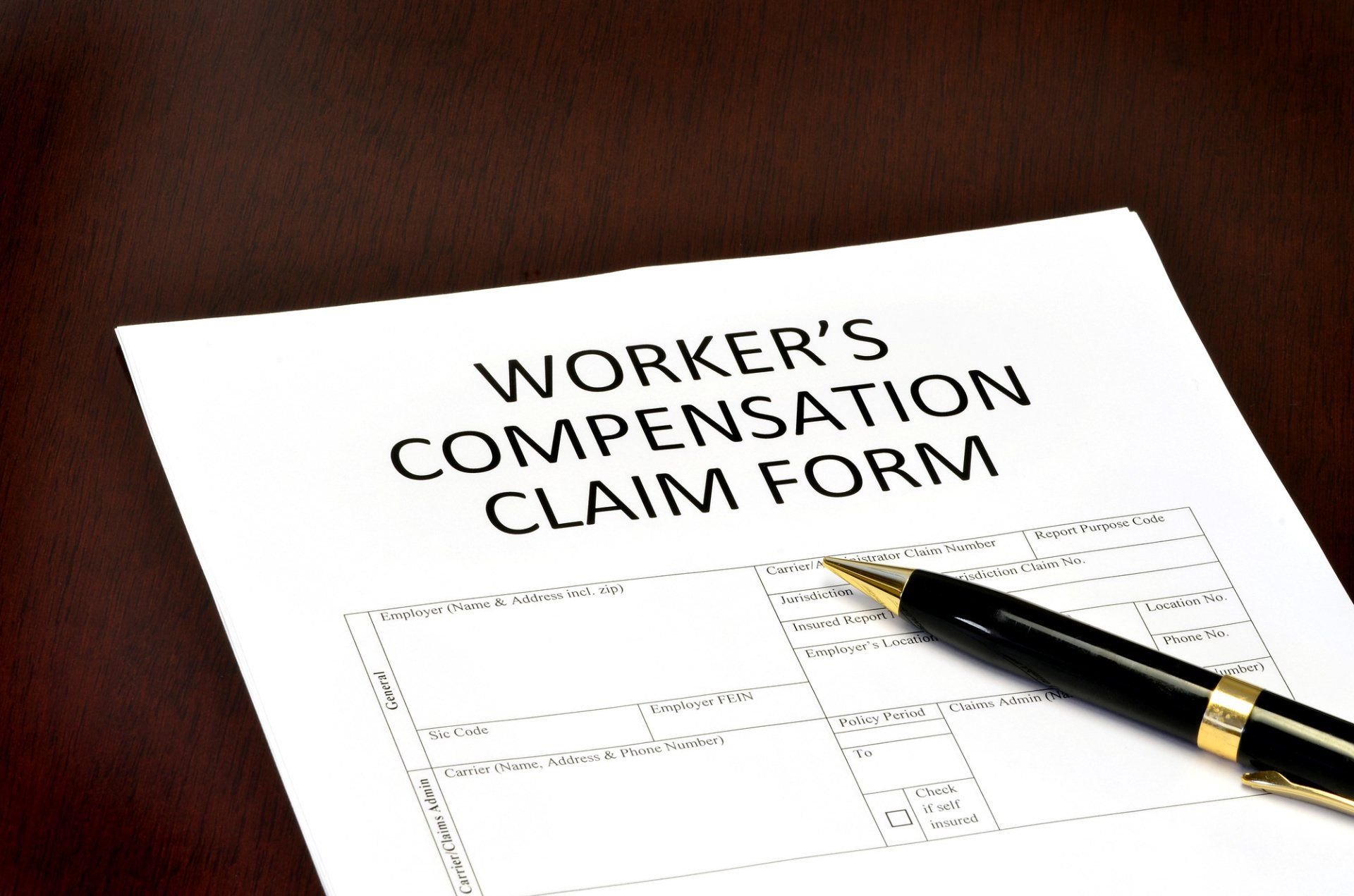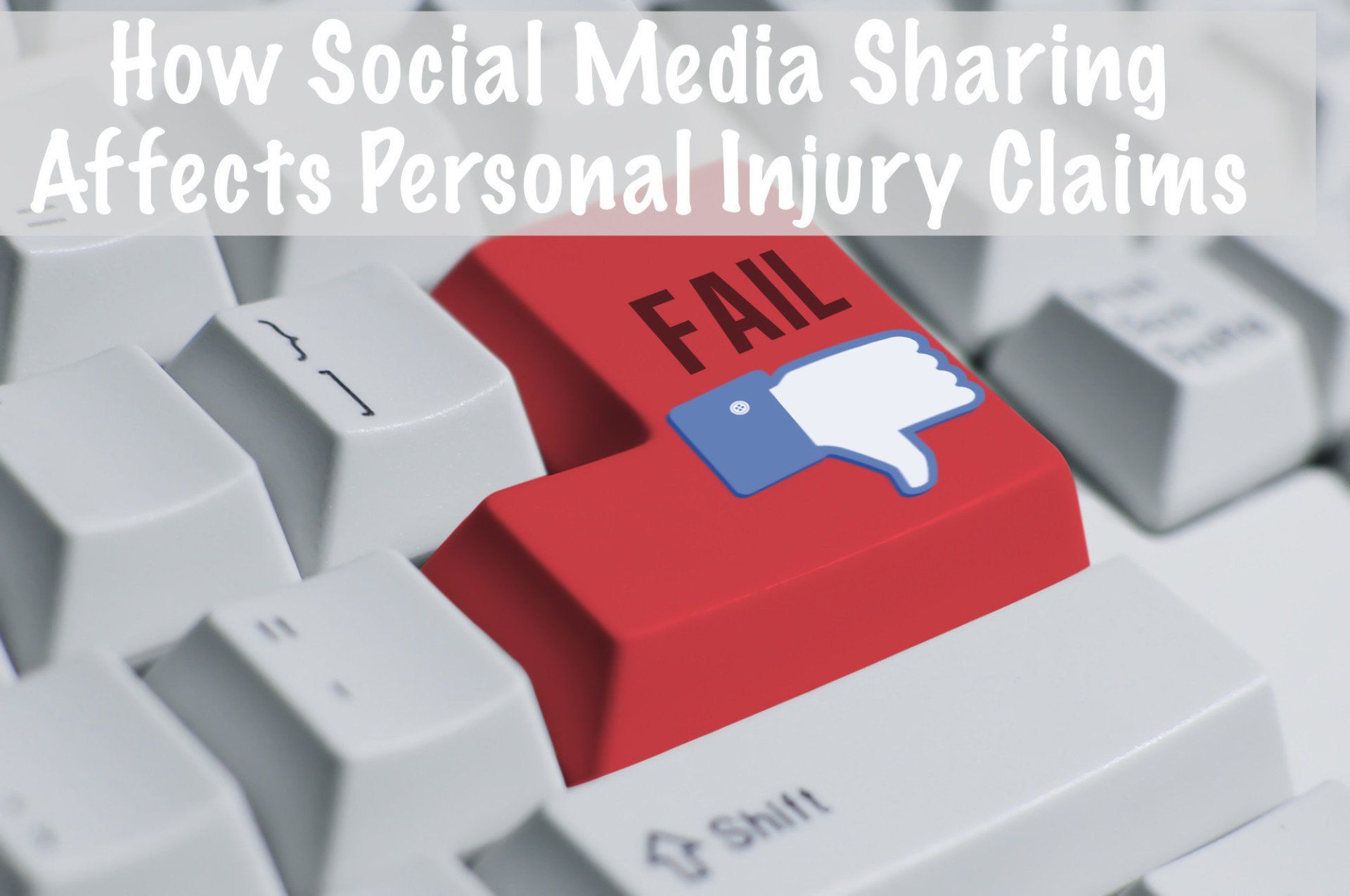How Worker's Compensation Works: Everything You Need to Know
Injured at work but not quite sure exactly how worker's compensation works? Luckily for you, we have the inside scoop on everything you need to know!
Every day, 12,300 workers are injured on the job. In one year, that figure amounts to over 4 million.
The Occupational Health and Safety Act states that all employees have a right to a safe workplace. As part of your safety, most employers are required to provide workers compensation to employees.
If you've sustained an injury or illness due to your job, you might be entitled to benefits. Knowing how worker's compensation works is the first step to ensuring that you receive the financial help you need while you recover.
If you or a loved one has been injured on the job, keep reading to find out more about your rights and entitlements.
What is Worker's Compensation?
Almost every state requires that employers provide an insurance program that protects workers injured on the job. Although different across states and not needed in Texas, this insurance can be through private insurance, the state, or self-insurance.
The purpose of worker's compensation is to provide financial assistance when workers are unable to perform their job and collect wages. It gives employees an opportunity to recover without having to consider financial liabilities.
Worker's compensation covers injuries and illness that arise from employer or employee carelessness. Workers compensation usually cover the following:
- Injuries sustained on the job, including injuries caused by work, such as repetitive motion injuries
- The loss of limbs
- Illnesses resulting from the job
- Medical treatment
- Rehabilitation
- Lost wages
- Wrongful death
Worker's compensation also provides liability insurance to company's who are sued by employees who are injured on the job.
Who Does Worker's Compensation Cover?
To be eligible to receive worker's compensation, you must prove that you sustained your injuries while at work. If you get sick as a result of doing your job, you're also covered. Worker's compensation covers employees.
But worker's compensation doesn't cover all types of employees. Worker's compensation doesn't generally cover the following workers:
- Business owners
- Volunteers
- Independent contractors
- Employees in private homes
- Agricultural workers
- Railroad employees
- Casual workers
- Maritime employees
Also, worker's compensation doesn't automatically cover injury and illness. To receive benefits, you should know how worker's compensation works.
How Worker's Compensation Works
Just because you've sustained an injury or illness at work doesn't mean you automatically receive benefits. There are steps you need to take to make sure you receive what you're entitled to.
Reporting Injuries and Illness
If you're injured or ill as a result of your job, the first thing you should do is report it. When your doctor confirms that your injury or illness is a direct result of work, report to your HR department, supervisor, or the department responsible for worker's compensation.
After you've reported your injury, you should be provided an incident report. Fill this out as accurately as possible and ask for a copy for your records. Also, note that an insurance adjuster should be giving you a call once you've reported the injury.
If you don't receive an incident report or a phone call, follow up with your company.
Seeing the Right Medical Provider
If your employer works with a preferred doctor for workplace injuries, you must visit that particular hospital or clinic for treatment. It's possible that your employer may be exempt from providing payment for your visit if you don't go to the right place.
Filling Out the Medical Paperwork Correctly
When receiving treatment for an injury or illness as a result of work, always ensure that this is noted on your medical paperwork. There should be a box that asks if the injury happened at work.
By doing so, the bill for your treatment will be sent directly to your worker's compensation or employer.
Whenever you're filling out medical paperwork having to do with a workplace injury or illness, be as detailed as possible. List the circumstances of your injury as well as every part of your body that's affected. If you fail to list an affected area, worker's compensation won't pay you for it.
Knowing Your Rights
If your employer doesn't have worker's compensation for their employees, they aren't exempt from having to cover the costs of injuries and illnesses related to work. Most employers are required to pay at least the lost wages for employees injured in a workplace accident.
Some employers may tell you that you're not covered by worker's compensation when the injury was your fault. Worker's compensation is no-fault insurance. You're entitled to coverage regardless of who caused the accident.
With that said, if there is horseplay or drugs/alcohol involved, you're most likely not covered by insurance. In order to receive benefits, you may have to pass a drug test.
If an employer tells you that you're classified as an independent contractor because you've filled out a 1099 form and therefore aren't entitled to coverage, they'd be wrong. Unless you meet the guidelines for an independent contractor, the 1099 form doesn't absolve your employer of providing coverage. They could face tax penalties if the state or IRS finds out they've misclassified employees this way.
If you're unsure about your rights or what your employer should be covering, find the worker's compensation for your state and ask for their assistance.
What You're Entitled To
Your injury doesn't have to be an emergency or incidental accident to be covered by worker's compensation. If over a long period, you develop an injury or illness as a result of work, you're entitled to coverage. For example, back problems and injuries related to repetitive movements are covered by worker's compensation.
It's important to note that if you do collect worker's compensation, you're no longer able to sue your employer for your injury or illness.
How You Get Paid
Your state sets the amount you're entitled to receive. It's determined by the permanency and seriousness of your injury according to your doctor.
If you feel you've received less than what you deserved, consider contacting a personal injury lawyer. They can help you with complex claims and denials of coverage. They may also help you get more than what you were originally given.
Are You Injured or Ill as a Result of Your Job?
If you've sustained an injury or illness from work, you're likely entitled to insurance coverage. Most employers are required to provide insurance coverage for employees. This helps them cover their expenses while they recover from their injury.
Knowing how worker's compensation works is an essential part of receiving your benefits. But if you've been denied coverage or received less than what you need to recover properly, you should contact a personal injury lawyer.
We can help you get what you deserve. Contact us today to find out more information.








